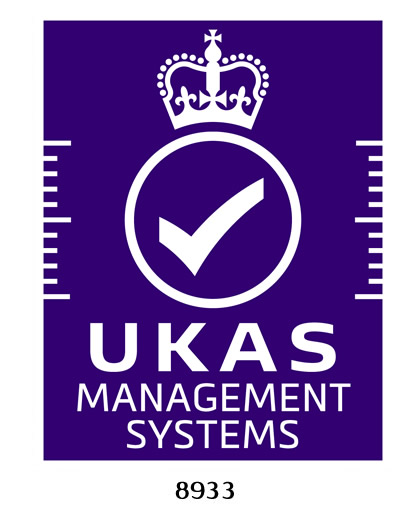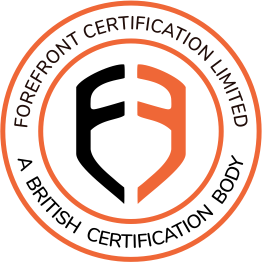 UKAS Accreditation, with its many potential benefits for the quality of goods and in the provision of services throughout the supply chain, underpins practical applications of an increasingly wide range of activities across all sectors of the economy, from fishing to forestry, construction to communications. Independent research has confirmed that accreditation has a positive economic value of nearly £1bn on the UK economy each year.
UKAS Accreditation, with its many potential benefits for the quality of goods and in the provision of services throughout the supply chain, underpins practical applications of an increasingly wide range of activities across all sectors of the economy, from fishing to forestry, construction to communications. Independent research has confirmed that accreditation has a positive economic value of nearly £1bn on the UK economy each year.
For Government
UKAS is appointed as the national accreditation body by the Accreditation Regulations 2009 (SI No 3155/2009) and the EU Regulation (EC) 765/2008 and operates under a Memorandum of Understanding with the Government through the Secretary of State for Business, Energy and Industrial Strategy.
Accreditation is increasingly being recognised as a valuable tool across a wide range of Government policy areas including better regulation, good governance, fair markets and public confidence. It is already being used by Government as an effective market-led tool for delivering policy more efficiently and to help deliver on its obligations in areas as diverse as healthcare, food production, energy supply, climate change and personal safety.
UKAS has well-established, transparent and repeatable assessment procedures applicable to all forms of conformity assessment, and so the benefits of collaborating with UKAS can:
- Reduce the need for central and local government to employ their own specialist assessment personnel. Accreditation provides the assurance for Government to rely on commercial providers of evaluation and inspection services.
- Build business and public trust
- Provide an alternative to Regulation whilst ensuring the reliability of activities that have the potential to impact on public confidence, health and safety or the environment.
- Enable innovation in the private and public sectors
For further information see working with Government and Public Sector Assurance which illustrates the value of accreditation using case studies, independent research, and supporting information from around the world in key policy areas.
For Business
Companies buy independent evaluations either through choice (to reduce the risk of product failure for example) or as a consequence of legal requirements (such as health and safety regulations). Most commonly these evaluations are calibration of equipment, product testing, inspection of equipment and certification of management systems.
- Selecting an accredited organisation is an essential tool for decision-making and risk management.
- Organisations can save time and money by selecting an accredited and therefore competent supplier.
- Reliable measurements, tests and inspections are carried out in compliance with best practices to limit product failure and reduce down time and control manufacturing costs.
- Accreditation to internationally-recognised standards can provide a competitive advantage and facilitate access to export markets within the EU and beyond. (see international system)
- Using an accredited body to carry out an independent evaluation helps demonstrate due diligence in the event of legal action.

